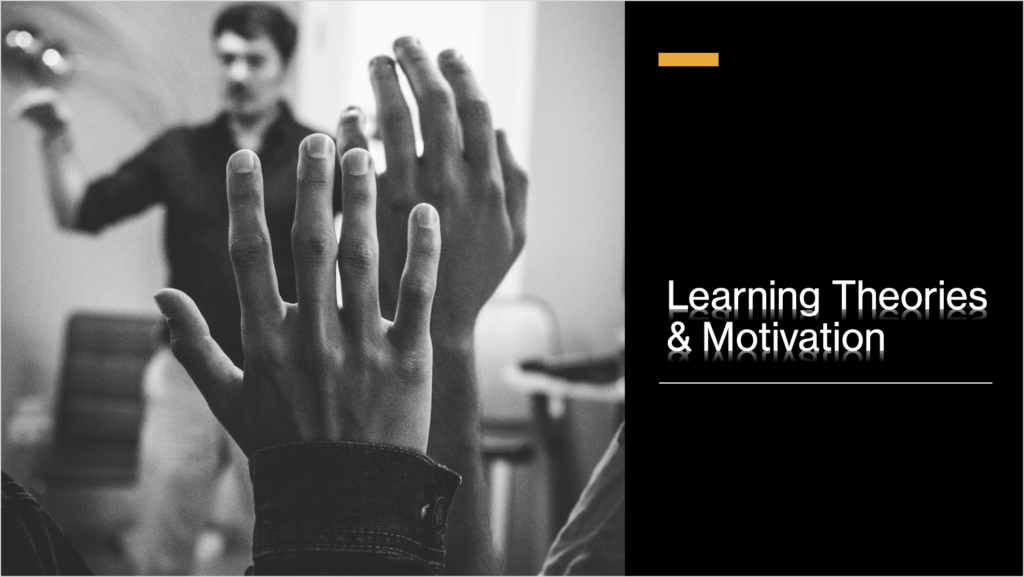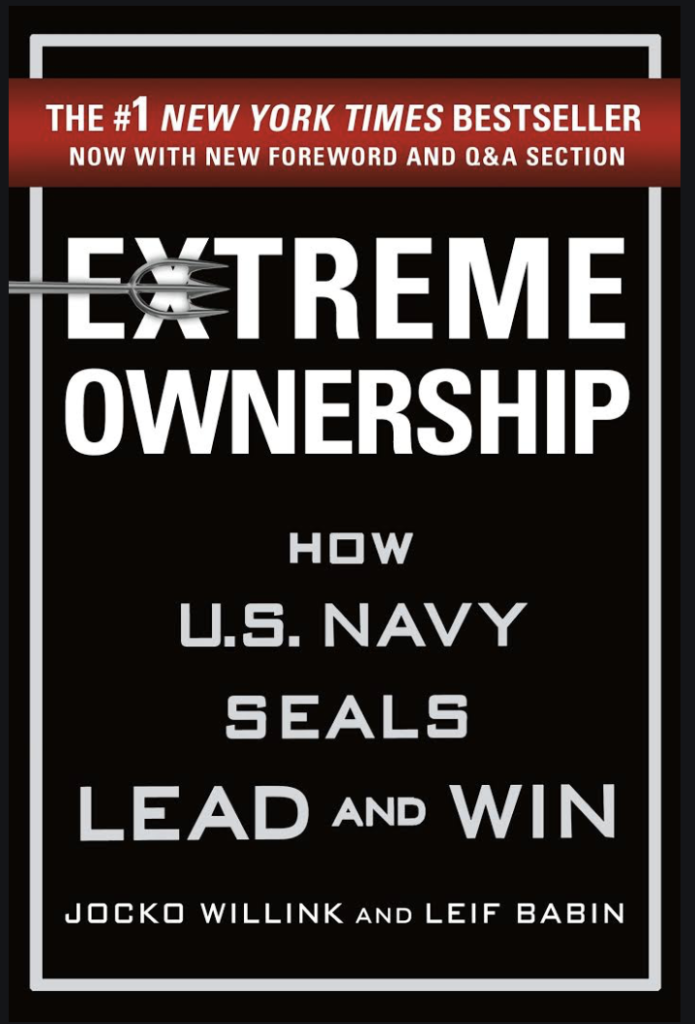

Thinking back to my various learning experiences, there are experiences that stand out as outstanding opportunities and others that either challenged me or left me wanting more. On one side of the spectrum, I am reminded of a course I took about the historical and philosophical background of teaching and how politics affects education. This course really challenged me as I had little interest in the subject, which Park’s (2018) refers to as “intrinsic motivation”, and I found it hard to connect with the material and see its learning benefits and applications. As a result, my motivation levels plummeted, and I found it extremely difficult to devote my full attention to the content being covered. As noted by Park (2018), “Students without motivation feel no impetus or inspiration to learn a new behaviour and will not engage in any learning activities.” (p.1) and this was the exact situation I found myself in. In addition, a lot of the topics in this course were controversial. We were presented with various ideas from different philosophers and some of them were so different than anything I had heard that they were very hard to understand and accept. As I am older, my neural plasticity is more rigid (SmarterEveryDay, 2015) and integrating new knowledge into my schema can be difficult when it is vastly different from what I am used to and know. Finally, the way the class was run reflected the behaviourist theory of learning. Emphasis was put on recalling facts and we were often, “provided with conditions and prompts in attempt to elicit a specific response (Ertmer & Newby, 2018, p.5) . Although this type of learning has its place, I struggled not having the opportunity to discuss content and take an active role in my learning. With content that I found dry and hard to accept, and my motivation lacking, this environment really did not work for me. In order to succeed and do my best, I had to be very self-sufficient and go about the course in a manner that I knew was effective for me. Personally, I am very organized and goal orientated. “Goal setting is a key motivational process” (Park, 2018, p.3) and for me, this could not be more true. With this in mind, I knew that these measures were absolutely necessary if I wanted to succeed in this course. I took time outside of class to make various handwritten lists such as assignment due dates, weekly to-do lists, and what I like to call “inspiration and correlation” lists. These lists helped me know what I needed to do and when and helped me find inspiration and establish various connections to the content. This helped increase my motivation and engagement in the class allowing me to succeed; but make no mistake, this class was quite the challenge for me.

On the other side of spectrum, I have had experiences that have been outstanding and have shaped me as an individual and a learner. The first thing that comes to mind is a less formal type of learning experience. One day, my friend lent me a book that she thought I would like called “Extreme Ownership: How U.S. Navy SEALs Lead and Win”. I began reading this book and was blown away with how well I connected to the material. Clearly, I am no Navy SEAL; but the way they wrote the book really tapped into multiple techniques that reach various individuals and help them understand. They provided facts but also provided multiple stories and examples to explain these facts. Each fact was accompanied by a story of how it is used by SEAL teams, as well as examples and stories of how it connects to the real world. When considering that this is just a book and must stand alone, it does a really good job at teaching in various ways to vast audiences. I think that the book was able to effectively utilize cognitivism by creating a resource that allows you to reason, problem-solve, and process information actively. It provides the reader the opportunity and ability to “internally code” and, “…store information in an organized, meaningful manner.” (Ertmer & Newby, 2018, p.8).

Another thing that stands out to me as a “good” learning experience are the various inquiry projects I have encountered throughout my educational journey. To keep this brief and simple, picking a topic you are interested in and getting to construct meaning and actively learn, have resulted in extremely high levels of learning for me. When participating in inquiry projects, your motivation often increases as it is something you are interested in. The intrinsic motivation that Parks talks about is there in full effect. In addition, you get the opportunity to find facts and associations, process information, reason, compare things to other viewpoints, discuss, relate content to the real world, reflect, and more. These skills and learning outcomes are related to behaviourism, cognitivism and constructivism. Inquiry-based projects allow room for all of the theories of learning to work together in a way that enhances learning and produces more in-depth knowledge. Inquiry-based projects are very individualistic and therefore can utilize various learning theories for various students. You may also progress throughout these theories as the individuals needs change and/or progress. Finally, inquiry-based projects allow students to become strong and independent learners which results in increased self-efficacy and motivation.
In conclusion, as mentioned by Ertmer and Newby (2018), “…successful instructional practices have features that are supported by virtually all three perspectives…” (p.15). I agree that all of the learning theories have their time and place. I also agree that effective use of learning theories play a critical role in student engagement and learning. This in combination with motivation are the key to successful learning. With that being said, how do we raise motivation in individuals? What can we do to help motivate students? I would like to provide this article as a starting point for these question. In “The Science of Raising Courageous Kids” by Martin Brokenleg and Steve Van Bockern, it is suggested that we must first fulfill individuals basic needs (belonging, autonomy, mastery etc.) in order for them to reach a state where they feel safe, comfortable, and motivated to learn. This is where this blog post is taking me next. I would love to hear my peers’ thoughts on this, and I look forward to exploring the questions about motivation more in my own time.
Photo Credits: Header photo by Artem Maltsev on Unsplash
Resources:
Ertmer, P. A. & Newby, T. (2018). Behaviorism, Cognitivism, Constructivism: Comparing Critical Features From an Instructional Design Perspective. In R. E. West (Ed.), Foundations of Learning and Instructional Design Technology. EdTech Books. https://edtechbooks.org/lidtfoundations/behaviorism_cognitivism_constructivism
Park, S. (2018). Motivation Theories and Instructional Design. In R. E. West (Ed.), Foundations of Learning and Instructional Design Technology. EdTech Books. https://edtechbooks.org/lidtfoundations/motivation_theories_and_instructional_design
SmarterEveryDay. (2015, April 24). The Backwards Brain Bicycle – Smarter Every Day 133 [Video]. YouTube. https://www.youtube.com/watch?v=MFzDaBzBlL0&t=282s
